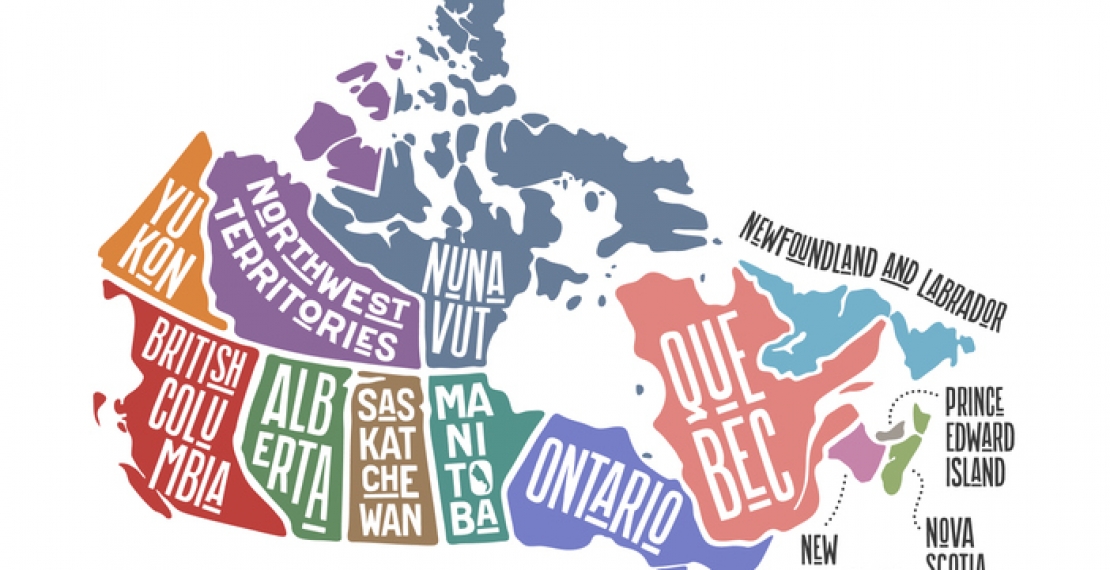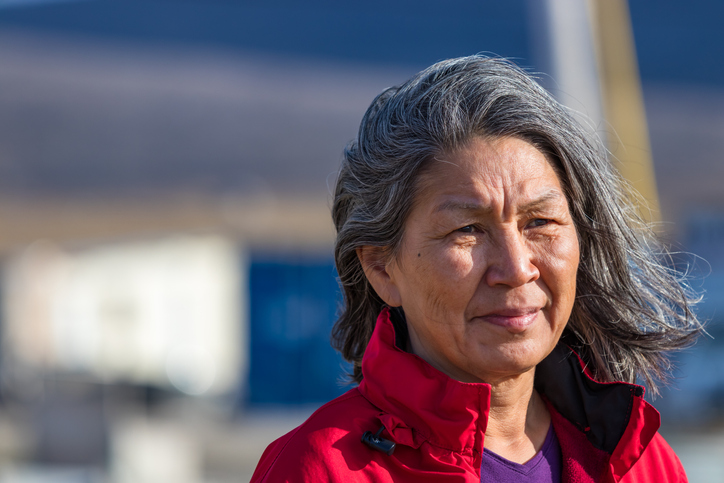Explore Canada's Indigenous Languages

Whether you plan to visit Canada, or you just want to educate yourself on Canadian history, Indigenous languages are an important topic to cover. Understanding the First Nations history, culture, and contributions to what Canada is today is essential for respecting and supporting this community.
You may not be interested in becoming fluent in one of these languages, however, language is always a portal into the lives of others. Knowledge of the histories and uniquities of different languages can help you better connect with others, and develop a deep respect for other cultures. Continue reading to learn more about Canada’s Indigenous languages!
Why Indigenous Languages are Important for Language Learners
Multilingualism is at the heart of Canada‘s identity, as seen through the 200+ languages spoken in Canada by immigrants from around the world. Continuing to speak, share, and teach these different languages is essential to their survival, as is with Indigenous languages. Respecting, valuing, and honoring the Indigenous languages of Canada allows these languages to live on, and helps protect them from extinction. As the years go on, when elders pass away and children don’t have the opportunity to learn these languages, this vibrant part of their cultural history diminishes.
Languages provide connections between individuals, whether they speak in the same ways or not. Sharing culture through language is a simple yet meaningful practice for so many, and with Indigenous languages at risk, many people often don’t have this option. Cultural assimilation, residential schools, and lack of funding have all contributed to Indigenous language loss in Canada.

Indigenous Language Facts
If you’re attending a language school in Montreal, even online, you should take a look at some of the Indigenous languages found in Canada. There are actually over 60 distinct Indigenous languages in Canada, falling into 12 separate language families. Of those, only three are said to be stable and viable: Cree, Inuktitut, and Ojibwa.
Many Indigenous languages have been evolving for thousands of years, much longer than English or French. Various Indigenous languages are spoken throughout different regions of Canada. For example, the linguistically diverse province of British Columbia hosts Salishan, Tsimshian, Wakashan, Dene (Athapaskan/Athabaskan/Athabascan and Tlingit) and Algonquian family speakers. The concentration of language families in this region suggests that it was the most likely staging area for successive migrations of speakers to the south and east. Knowing basic facts about these languages can help you connect with others and contribute to the recognition of these precious cultural identities.

The Indigenous Languages Act of 2019
In 2019, after years of advocacy by the First Nations, the Government of Canada now has a legislated commitment to respecting Indigenous languages. The goal of the Indigenous Languages Act of 2019 is to support Indigenous language rights through the creation of legal assurances. These will provide adequate, sustainable, and long-term funding and support for Indigenous-led initiatives to reclaim, revitalize, maintain, and strengthen Indigenous languages.
We can all learn from the preservation of Indigenous languages, especially anyone taking language courses. Language allows us to share and communicate culture, world views, knowledge, history, emotions, values, and identities. Indigenous languages are integral to an individual’s sense of self, and reinforce self-determination. Learning about and advocating for these languages help Indigenous communities hold onto their culture that we are lucky enough to still be able to encounter today.
Are you interested in professional language training?
Contact POINT3 Language Center for more information!


